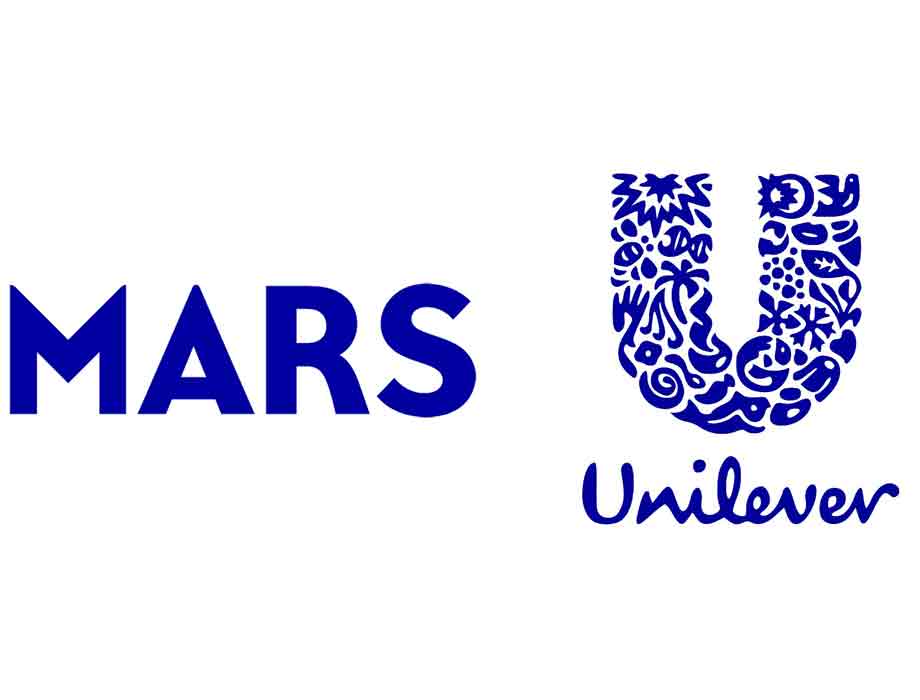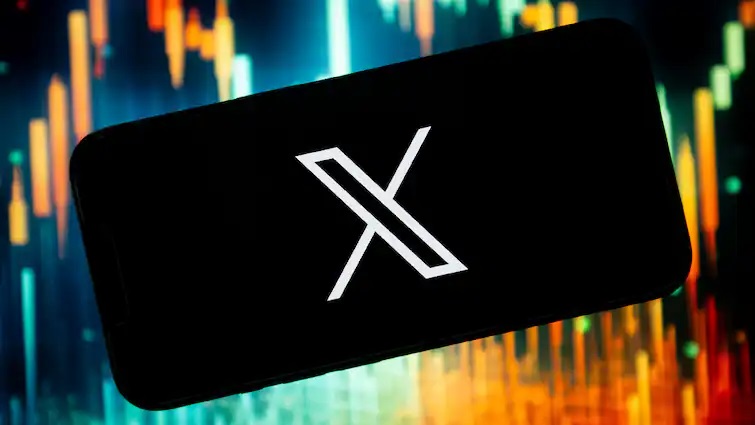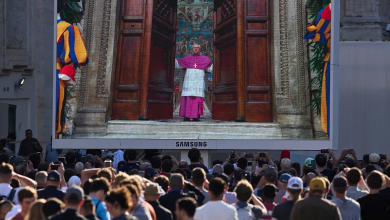Elon Musk’s X/Twitter sues major companies over alleged boycott conspiracy

Elon Musk’s X (formerly known as Twitter) has filed a lawsuit against several major companies, accusing them of unlawfully conspiring to boycott the platform.
The companies named in the lawsuit include Unilever, Mars, CVS Health, and Orsted, along with the trade association World Federation of Advertisers (WFA).
X alleges that this boycott has cost the platform “billions of dollars” in advertising revenue.
The lawsuit focuses on the period in 2022, shortly after Musk acquired the platform, when advertising revenue significantly declined.
Concerns arose among some advertisers about the new ownership’s commitment to addressing harmful online content, leading to a reduction in advertising on X.
Linda Yaccarino, X’s chief executive, commented, “People are hurt when the marketplace of ideas is constricted.
No small group of people should monopolize what gets monetized.” Musk also expressed his frustration on the platform, stating, “We tried being nice for 2 years and got nothing but empty words. Now, it is war.”
The WFA and the accused companies have not yet responded to requests for comment. Following Musk’s acquisition, advertising revenue at X dropped by more than half as advertisers distanced themselves from the platform.
In its lawsuit, X claims the companies unfairly withheld advertising spending by adhering to safety standards established by a WFA initiative called the Global Alliance for Responsible Media (Garm).
Garm’s goal is to “help the industry address the challenge of illegal or harmful content on digital media platforms and its monetization via advertising.”
X argues that by following Garm’s standards, the companies acted against their own economic interests in a way that violated US antitrust laws.
However, Bill Baer, former assistant attorney general for the Department of Justice’s antitrust division, believes the lawsuit is unlikely to succeed, stating, “As a general rule, a politically motivated boycott is not an antitrust violation.
It is protected speech under our First Amendment.”

Rebecca Haw Allensworth, a professor at Vanderbilt University, added that the boycott aimed to make a statement about X’s policies and the companies’ brands, which is also protected by the First Amendment.
Even if X wins the case, it cannot compel companies to purchase advertising space on the platform. X is seeking unspecified damages and a court order to prevent any further conspiracies to withhold advertising spending.
The lawsuit also mentions that X has implemented brand-safety standards comparable to those of its competitors and “meet or exceed” those specified by Garm.
Despite this, X claims it has become a “less effective competitor” in the digital advertising market.
In a related development, the video-sharing company Rumble, favored by right-wing influencers, filed a separate lawsuit against the World Federation of Advertisers on similar grounds.
Source-BBC





